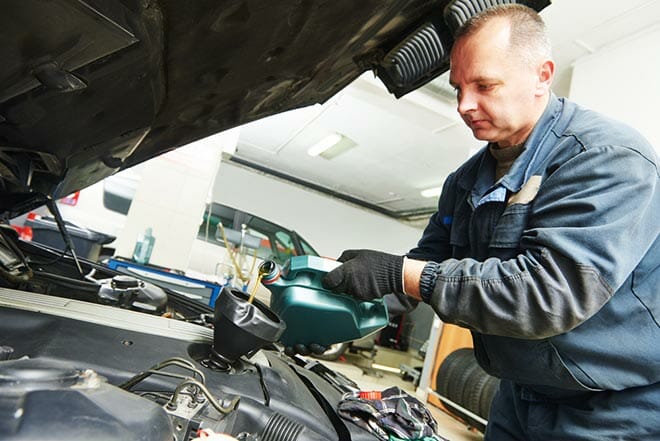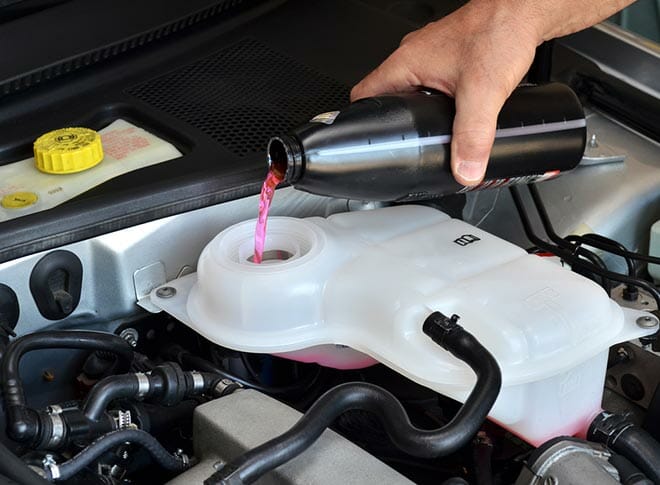Automotive fluids often need to be made to exacting specifications in order to prevent damage to critical components. One of the most important factors common to all of them is that they are free of contaminants. This allows them to get between tight-fitting parts without causing damage. It also ensures that they will be able to perform their roles properly.
Automotive Manufacturing Filtration & Contamination Prevention
Industrial basket strainers are placed in production pipelines to filter fluids as they pass through. They are made to handle high volumes of material, and to do so without slowing down operations. This makes filtration simple and fast.

With some fluids, there are several automotive fluid filtration steps. Motor oil, for example, often contains many intentional additives. Often, each additive is filtered separately in order to ensure that contaminants don’t get into the final product. It also makes it possible to stock or sell the additives on their own with no need to worry about contaminants causing them to degrade prematurely.
Once all of the separate components of a fluid are produced, filtered, and stocked, they are combined according to the requirements of the desired end product. Often, this product is then run through a high pressure basket strainer in its combined state. This does more than double-check for purity – it also makes the particle sizes of each component uniform.
Particle Size Control
When fluids are run through multi basket strainers and other types of strainers, the particle sizes of their components are made uniform. These automotive filters allow for proper flow through engines, brake systems, and cooling systems. Therefore, products are strained even if they are already contaminant-free.
The industrial strainers used depend on the product and the stage in the production progress. For slick, viscous liquids, an industrial oil strainer is a sure part of the process. Other automotive fluids, such as antifreeze, may use different strainer types.

Preventing Unwanted Effects from Straining
Since automotive fluid components often include detergents and other chemically-active substances, it is important to use strainers that won’t react with them. This is where SaniClean Strainers come in. Our 3A Certified strainers are extra-clean and made of materials that will neither corrode nor leach into the product being filtered.
By using non-reactive filters, you can be sure that unwanted chemical reactions do not occur during the straining process. It also ensures that the filter will not release breakdown products into the fluid stream and become a source of contamination. Finally, it ensures the longevity of the filter medium. Taking care in this area allows your products to be made with the high quality that consumers expect. It also saves you money by preventing troubles in your production lines.
This is how basket strainers aid the automotive production industry:
- Automotive fluids must be free of contamination to prevent damage to vehicles
- Each ingredient in a fluid is often strained separately
- Strainers also allow you to control particle size
- Non-reactive filters do not become sources of contamination and will last longer as well
Custom Filtration Solutions for Non-Reactive Processing Fluid
SaniClean Strainers are experienced in the filtration industry and produce various filtration systems for your sanitary needs. Custom solutions are also available; request a quote to discuss your filtration needs.
To learn more about why you should be using 3A Certified industrial basket filters in your automotive fluid production system, just give us a call here at SaniClean Strainers. We’ll be glad to discuss their benefits further and provide you with the exact strainers and filter media to meet your company’s requirements. We can also suggest solutions to any problems you are experiencing with your filtration processes.
